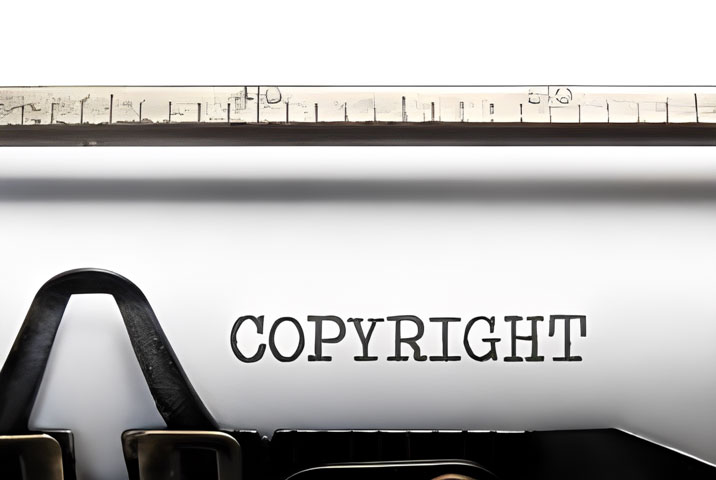Key Takeaways
- Torrenting, in itself, is a neutral technology but its use can have ethical implications
- The debate revolves around issues of copyright infringement, intellectual property rights, and the broader implications for creators and consumers.
- There are arguments both in favor of and against the ethical use of torrenting.
Understanding Torrenting
Before diving into the ethical debate, it's essential to understand what torrenting is and how it works. At its core, torrenting is a method of distributing files across the internet. Instead of downloading a file from a single source server, the torrent method allows users to join a "swarm" of hosts to download and upload from each other simultaneously.
The technology behind torrenting is neutral. It's a tool, much like a hammer or a pen, that can be used for various purposes. The ethical questions arise when we consider how this tool is used, especially in the context of copyrighted content.
The Ethical Debate Begins: Is Torrenting Ever Justified?
The Case Against Torrenting

Copyright Infringement: The most significant argument against torrenting is that it often involves downloading copyrighted content without permission. This is illegal in many jurisdictions and can result in hefty fines or even jail time
Loss of Revenue for Creators: When people torrent movies, music, software, or books, the creators of those works don't receive the revenue they would have if the content was purchased legally. This can discourage creators from producing more content in the future.
Potential for Malware: Torrent sites are not always secure, and there's a risk of downloading malicious software that can harm your device or steal your data.
The Case For Torrenting
1. Access to Knowledge and Culture:
Bridging the Digital Divide: In many parts of the world, access to knowledge and culture is limited due to economic disparities. Torrenting can provide an avenue for individuals in these regions to access essential educational resources, software, and entertainment that they might not afford otherwise.
Preservation of Content: Some content, especially older or less mainstream works, may no longer be available for purchase or viewing. Torrenting can act as a form of digital preservation, ensuring that these works remain accessible to future generations.
2. Consumer Rights and Fair Use:

Shifting Ownership Paradigms: In the digital age, the concept of "owning" a piece of media has become blurred. When consumers purchase digital content, they often face restrictions on how they can use it. Torrenting can be seen as a way to reclaim consumer rights, allowing individuals to use content they've purchased in ways they see fit
Circumventing Unfair Practices: Sometimes, content is restricted based on geographical location or is bundled with unwanted software or advertisements. Torrenting can provide a cleaner, ad-free experience or allow access to content that might be unfairly restricted.
3. Innovation and Decentralization:
Promoting Decentralized Web: The underlying technology of torrenting promotes a decentralized internet, where data isn't controlled by a few major corporations but is distributed among users. This can lead to a more open and resilient web.
Driving Innovation: The popularity of torrenting has pushed industries to innovate. For instance, the rise of convenient streaming services like Netflix and Spotify can be attributed, in part, to the demand for easier access to content, which torrenting highlighted.
Striking a Balance: Ethical Considerations

While there are valid arguments on both sides of the debate, it's essential to approach torrenting with a sense of personal responsibility and ethics. If one chooses to torrent, they should consider the following
- Supporting Creators: If you value a piece of content, find ways to support the creator, whether it's through direct purchases, merchandise, or even attending live events.
- Being Aware of Legal Implications: Understand the laws in your jurisdiction and be aware of the potential consequences of torrenting copyrighted content.
- Prioritizing Security: Ensure that you're using trusted sources and have adequate security measures in place to protect your device and data.
The Final Thought
The ethical debate surrounding torrenting is complex, with valid points on both sides. While torrenting offers numerous benefits, from democratizing access to content to driving industry innovation, it also poses challenges, especially concerning copyright infringement and the potential loss of revenue for creators. As with many tools and technologies, it's not the act of torrenting itself but how it's used that determines its ethical standing. As consumers and digital citizens, it's our responsibility to navigate this landscape thoughtfully and ethically.